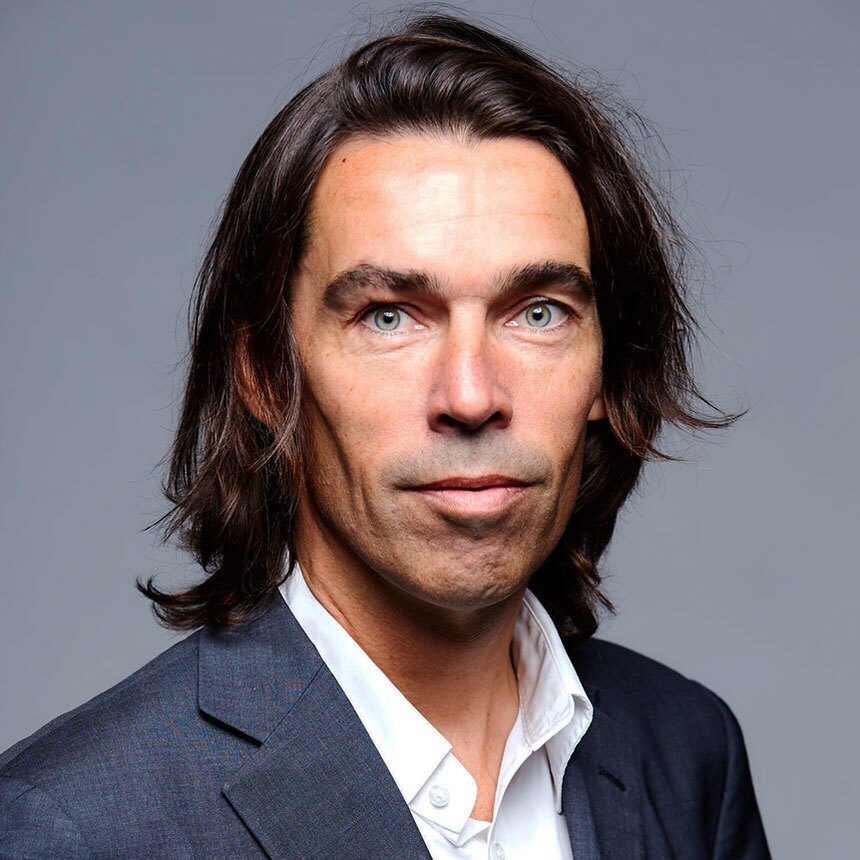Hotel News Now each week features a news roundup from a different region of the world. This week’s compilation covers Europe.
Accor’s Gilda Perez-Alvarado on Orient Express’ role in the 'Golden Age of Travel'
Gilda Perez-Alvarado, Accor's chief strategy officer and CEO of Orient Express, is looking to transform the brand that spans not just hotels, but luxury trains and yachts, writes Hotel News Now’s Terence Baker.
Perez-Alvarado said that when it comes to Accor's overall strategy, it's clear that lifestyle and luxury brands "were outpacing growth relative to premium, midscale and economy, and that was both lifestyle and luxury. … If you look back the results have been absolutely extraordinary in that here we have three luxury brands, three of the biggest centenarian brands worldwide,” she said, referring to Fairmont, Orient Express and Raffles.
Whitbread maintains upbeat outlook
Despite a new regulatory environment in its native United Kingdom, Whitbread executives are confident in the resiliency of the Premier Inn brand both at home and abroad in Germany, its second market of scale. CEO Dominic Paul said this confidence comes amid a “favorable supply backdrop” in the hotel industry.
He told analysts during a recent earnings conference call that there was no change to Whitbread's full-year 2025 guidance and that he expects the impact of inflation in the U.K. on Whitbread's earnings to be between 2% and 3% for the next year. Overall, hotel demand in the U.K. in the last quarter was slightly soft, with year-over-year revenue in the U.K. down 4% but up 19% in Germany.
French law makes hotel climate commitments mandatory
France is cracking down on potential greenwashing in its hotel industry via its new “climate and resilience” law, making it mandatory for all tourist establishments to guarantee climate commitments, writes HNN freelance contributor Tamara Thiessen. The French parliament has passed a bill that requires ratified eco-certification by 2026.
Hubert Vendeville, CEO of Betterfly Tourism, said a hotel’s “environmental footprint” is measured by carbon emissions; water and non-renewable energy consumption, and the percentage of organic and European Union-regulated “ecolabel” hotel products used in kitchen, laundry and hotel amenities, among other criteria.
Now part of open-travel area, EU members Bulgaria and Romania hope visitor numbers grow
On Jan. 1, Bulgaria and Romania became members of the European Union’s Schengen area, a zone of free travel that includes most of the 27 EU-member countries and several countries in Europe that are not part of the EU. Both Romania and Bulgaria joined the European Union in 2007 and as of March 2024 had open air and sea travel, with land border access now officially open, writes HNN contributor Vladislav Vorotnikov.
“The eased travel regulations are poised to boost tourism flows to and from Romania, which was already noticed during the partial accession of the past months, potentially yielding further growth and contributing significantly to gross domestic product,” said Simona Constantinescu, CEO of Ana Hotels and president of the country’s hotel industry federation, the Federația Industriei Hoteliere din România.
Major single-hotel acquisitions bolstered European transaction volumes
It’s been a busy year in 2024 for single-hotel sales and portfolio mergers-and-acquisitions activity, even if there has not been one single deal that has turned the European hotel industry on its head. Overall, the pace of hospitality transactions picked up throughout Europe in 2024.
For a 12-month recap of 2024’s major single-asset and portfolio transactions across the continent, please click here.


